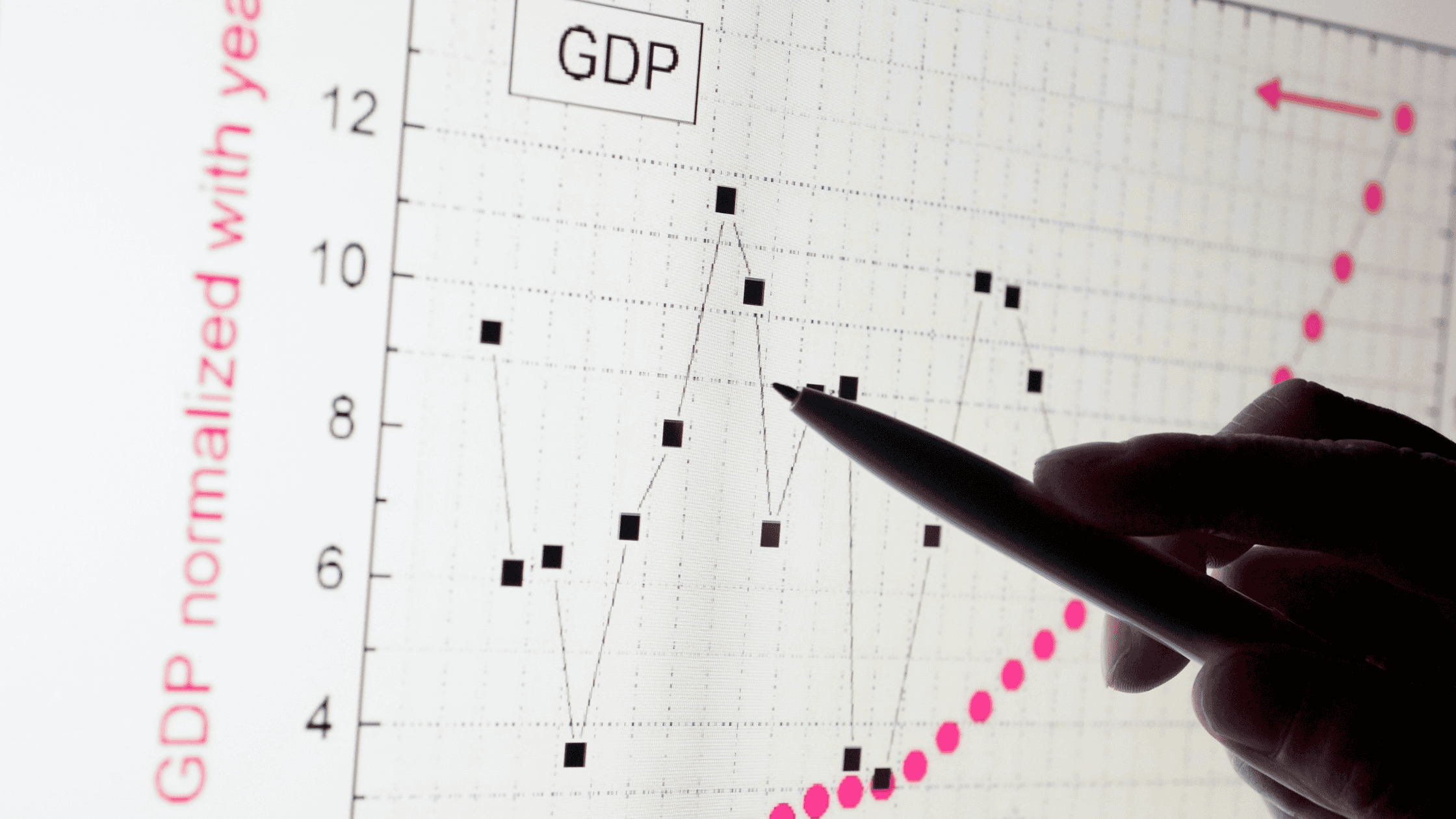With the first quarter coming to a close, we can definitively say that it has been an eventful start to the year. Headlines of tariff wars, government spending cuts, and defense pullbacks have dominated market action.
Given the novelty of these policies and the degree to which they are being negotiated and/or challenged in courts, it is difficult to assess how they might impact markets and the economy.
That said, we find it interesting and useful to pay attention to what the administration itself is saying about the likely direction of the economy. Below, you’ll find three quotes from Treasury Secretary Bessent, Commerce Secretary Lutnick, and President Trump with regard to what we might expect:
- “Look, there’s going to be a natural adjustment as we move away from public spending to private spending,” Bessent said on CNBC. “The market and the economy have just become hooked, and we’ve become addicted to this government spending, and there’s going to be a detox period.“
- “These policies are the most important thing America has ever had,” Lutnick told CBS News in an interview when asked whether they would be worth it if they lead to a recession. “It’s worth it.”
- “I hate to predict things like that,” [Trump] said of a recession. “There is a period of transition because what we’re doing is very big. We’re bringing wealth back to America. That’s a big thing… it takes a little time, but I think it should be great for us.”
Furthermore, DOGE head Elon Musk just last week retweeted an account stating that we could experience “…the biggest government recession since demobilization after World War 2.”
What do they mean by government recession? There is a four-part formula to calculate GDP:
Consumption + Investment + Government Spending + (Exports – Imports)
A large decrease in the government spending component occurred just after World War 2, throwing the U.S. into a largely unavoidable recession, given the scale of wartime spending.
In this instance, the administration views government spending as playing an outsized role in economic growth over the last few years. They see a reduction in expenditures and policies like tariffs as short-term pain for long-term gain, with a potential recession followed by an economic rebalancing towards an export-driven manufacturing economy.
The numbers provided on the DOGE website show a roughly 1.8% reduction in government spending so far. In the scheme of things, a reduction of that size would be unlikely to produce a recession. That said, Musk aspires to $2 trillion worth of cuts, roughly 28-29% of this year’s federal budget. Cuts of that size would have a material impact on GDP.
Given the time it will take for budget cuts to take effect, tariffs may play a bigger role in driving GDP numbers in the near term. Later this week, we’ll know more about the size of those tariffs and the counter-tariffs other nations place on the US, along with the potential effect they have on economic growth.


